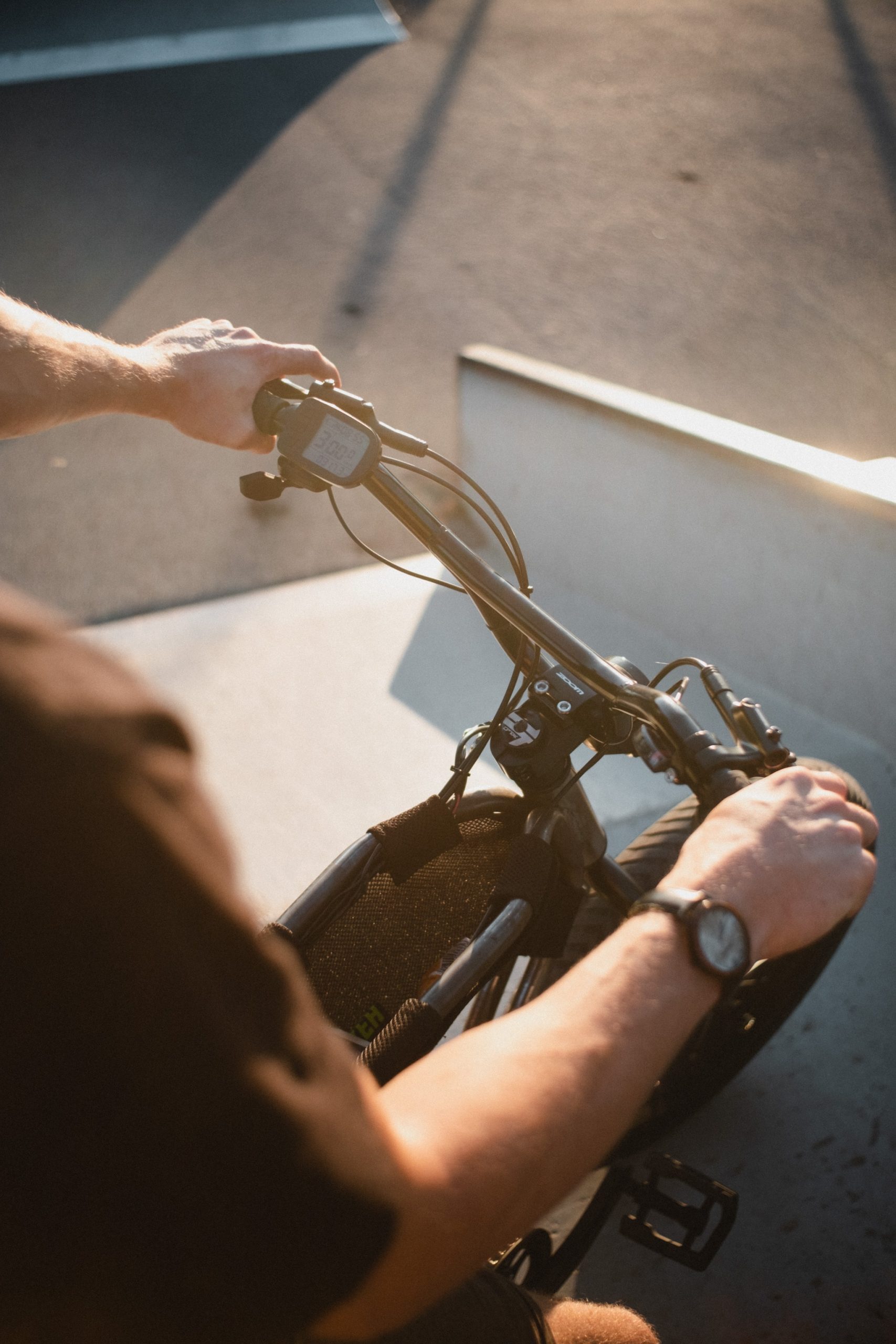KUUDES — SIX FORCES OF CHANGE
Focus this month: We need to act now!
We’ve already come to associate upgrading and iterations as part of the digital products and services we use but examples of this are now moving into the world of physical products too. This trend seems to be the culmination of several different world-shaking issues, not least the increasing prices of consumer goods. Consumers are continuing to grow wearier of the amount of waste their daily choices end up producing and with rising costs, the temptation to buy new is declining.
All is not lost though. Smart brands will now start upgrading instead of continuously bringing out the next new fad.
Why now?
Upgrading = improvement, but without the guilt of waste.
New features, better quality, updated design… These are all things people keep getting excited about, especially if the brand in question is one they know, trust and love. Upgrading is the perfect middle-ground for consumers looking for new while still wanting to reduce the negative impact of consuming on the planet. New and exciting features will be available much quicker as you don’t need to wait until the next new model appears in the shelves. The lifespan of physical products increases organically, and most likely consumers will end up saving some money as well.

What’s in it for me?
Re-thinking the idea of physical products in this way isn’t exactly new. Look at smart plugs that transform ordinary household items, such as lamps or appliances, into smart and remote-controllable. They already bring convenience and even energy saving features to everyday living without costing a fortune.
It’s about time we start redefining consumers’ expectations of the quality and lifespan of the products we produce. An upgrade-based business model has the potential to create a collaborative relationship between you and your customers, all while promoting satisfaction and brand loyalty. If you won’t cash in on these opportunities yourself, someone else just might.
The perfect example
While many more people are already opting to use bicycles or public transport instead of driving, there is still a need to make sustainable options convenient and affordable. This combined with the current rise in DIY spirit is how the Dutch startup HeyFiets came to be.
HeyFiets offers customers the chance to upgrade their existing bicycles to electric bikes in any bicycle repair shop. With a subscription-based model, customers can rest easy since any motor or battery issues are covered by the monthly fee.
According to EY, 84% of consumers think sustainability is important to them when making purchase decisions, but almost 50% think opting for sustainable alternatives still costs too much. DIY kits for have been available to cyclists for some years now, but they aren’t exactly wallet-friendly and require more know-how than your casual cyclist might have. HeyFiets are able to offer a cheaper and more convenient alternative to even the most popular e-bike rental platforms.
In a country with over 37 000 kilometers of bike lanes and 900 cycled kilometers a year per citizen, HeyFiets have found an idea that sure hits a sweet spot.
“What’s Next” is our monthly series focusing a relevant trend that manifests one of the six forces of change by Kuudes. Subscribe to our newsletter to be the first to find out about next month’s trend.
